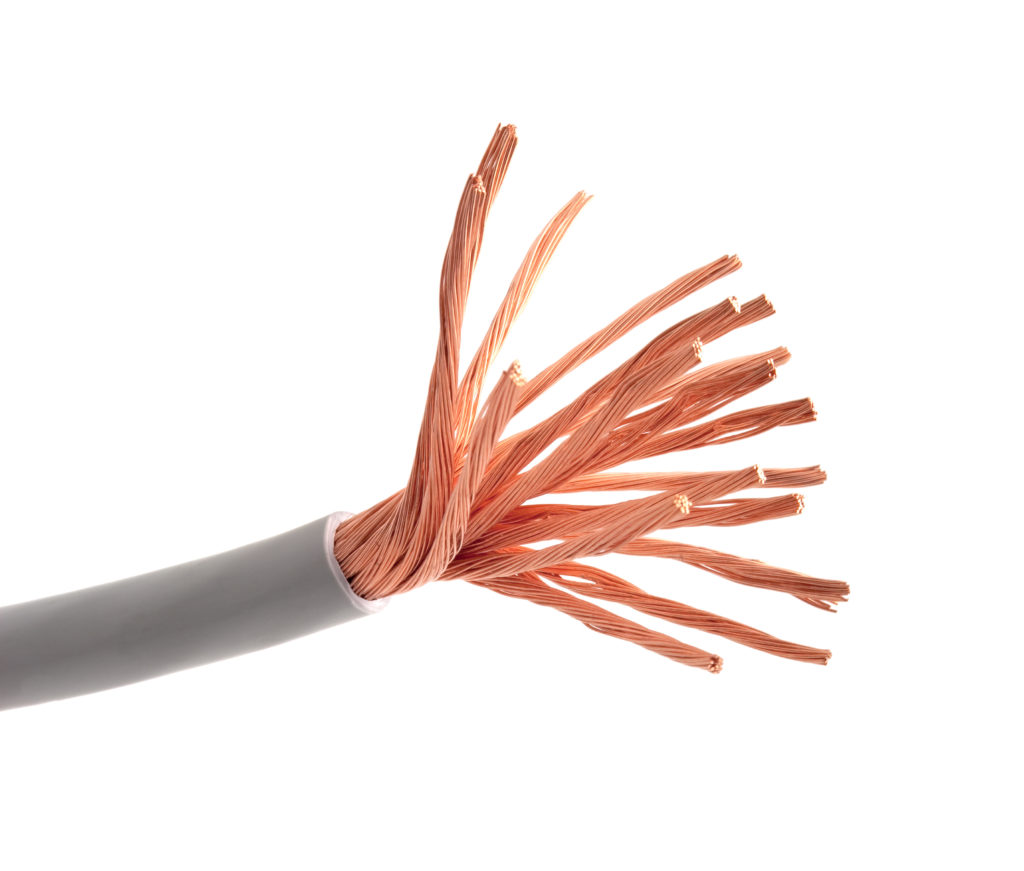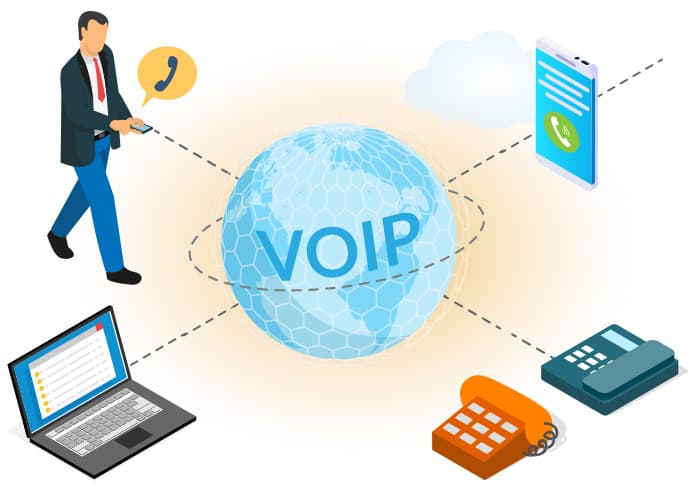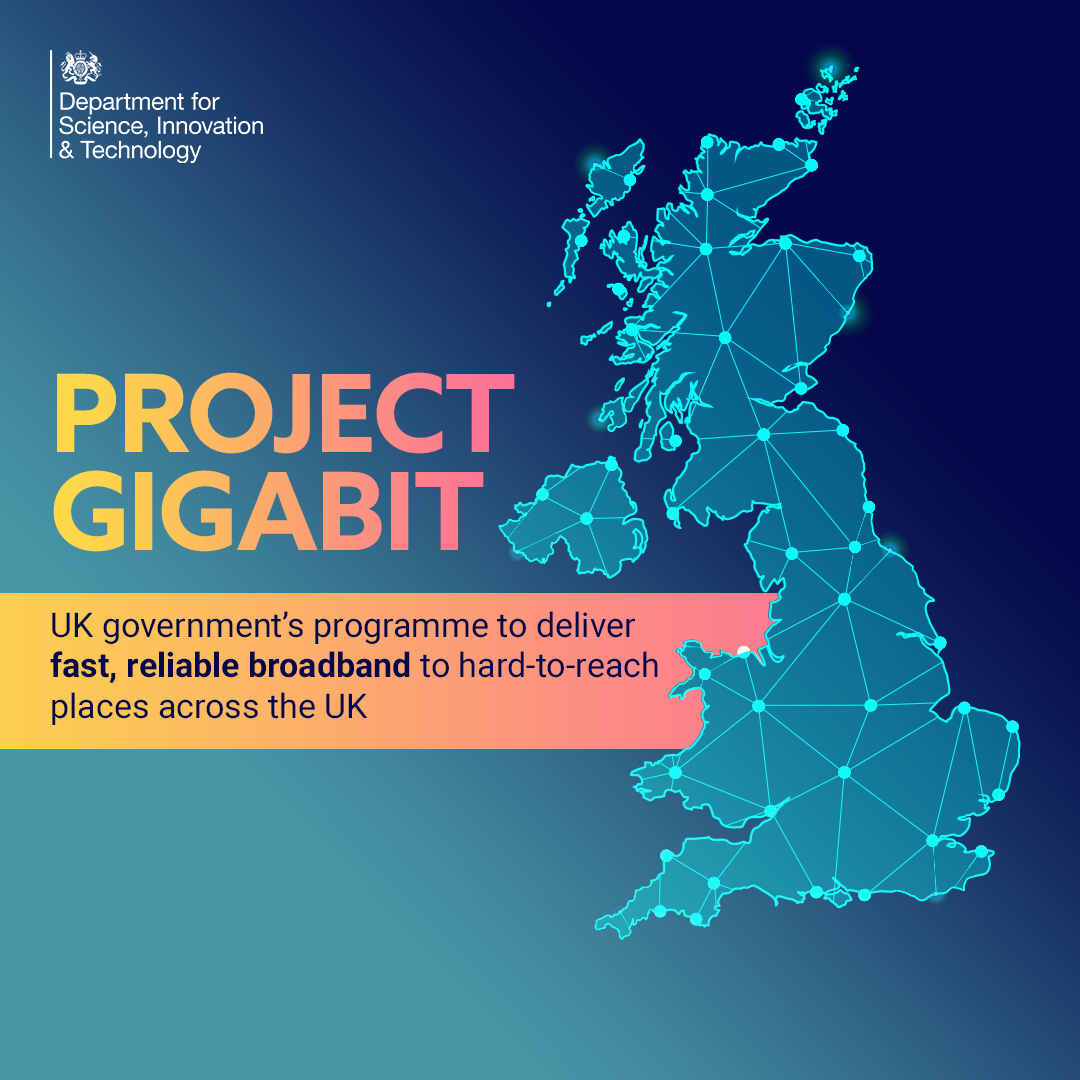On the 31st January 2027, the Public Switched Telephone Network (PSTN) will be switched off, and every phone line in the UK will be moved to a fully digital network using the internet to make and receive phone calls, using a protocol called VoIP (Voice over Internet Protocol).
You may well have heard about this already, but between the networking jargon, the recent delays, and the important questions around vulnerable people who rely on the old PSTN network, it can be difficult to know what it means for you and the phone lines of your household or business.
Fortunately, we at NetXL are here to help! We're ready to de-mistify the PSTN switchoff, and clarify what an IP-based phone system will look like, how it works, and how you can prepare to make the transition as friction-free and painless as possible.
So, let's start from the beginning:
What exactly is PSTN?
PSTN stands for Public Switched Telephone Network, and it's made up the foundation of all telephone infrastructure in the UK since the very first telephone call was made in 1876. The PSTN works by sending call audio through a network of copper wires that are hardwired from homes and businesses to switching centres, where the calls are connected to eachother. This call audio is then carried forward through this network of copper wires through to the recipient's phone, completing the phone call.

The PSTN network has its fingers in many pies; in addition to supporting all of the UK's landline phone calls, the PSTN network also supports some alarm systems, Point of Sale systems, CCTV systems, access control units like door intercoms, communication technology like pagers and fax machines, and even vital healthcare systems like personal alarms.
So, the obvious next question: if so much of the UK's telephony infrastructure relies on PSTN networks, why are we making the transition?
Why the switch-off?
The simple answer is that the current physical copper network is becoming increasingly difficult, complicated and expensive to maintain.
Broadly speaking, the UK has been using the same phone infrastructure for almost 150 years now, and while it's set us in good stead until now, the UK's telephony requirements have increased dramatically in complexity and cost, and copper lines are struggling to keep up. According to research by Ofcom, the UK's telecommunications regulator, incidents related to the PSTN network increased by 20% in 2023 alone, resulting in a 60% increase in customer down-time, and the occurrence of these kinds of incidents is only liable to become more frequent as the system continues to age.

Because the PSTN network is so expensive, complicated and outmoded, the sheer amount of vital infrastructure that relies on this 150 year old infrastructure poses a significant challenge; basing so much of the UK's vital services and systems on an ailing network of physical copper cables is a real cause for concern, especially when we have cheaper, more reliable and better quality solutions readily available to us.
What's the solution?
The solution to this thorny and complicated problem is VoIP!
VoIP stands for Voice over IP, or Voice over Internet Protocol; instead of relying on physical wires, VoIP services work by converting your voice into a digital signal that travels over the internet. VoIP has exploded in popularity in recent years, and with good reason - it's cheaper and easier to maintain for comms companies, generally cheaper to purchase for users, more robust, and offers significantly better audio quality than traditional copper lines.

However, there's still a lot of work ahead to prepare for the transition; the issue with VoIP telephony is that, while copper lines can still function in the case of a power cut or network outage, VoIP requires the internet to work and so can't function on its own without power or an internet connection. BT has already delayed the transition once, pushing the switch-off date back from December 2025 to January 2027, following concerns that the most vulnerable customers who still rely on copper phone lines for telephony and personal health alarms haven't been adequately supported during this change.
To combat these concerns, legislation introduced by Ofcom means that comms providers need to prepare customers for this eventuality, whether it's providing users with portable batteries lasting up to an hour in case of a power cut, or with routers that can operate via cellular connectivity like 3G or 4G that can continue to support VoIP services even after the loss of an internet connection. Ofcom states specifically that comms providers must 'establish, publish and comply with clear and effective policies and procedures for the fair and appropriate treatment of consumers whose circumstances may make them vulnerable’.
There's also a country-wide push to improve networking infrastructure for hard-to-reach communities; dubbed Project Gigabit, the project is a flagship £5 billion programme orchestrated by the UK government to provide high-speed, reliable, gigabit capable broadband. There are many excellent reasons for this initiative, not least because it will help to shore up reliability and efficiency of the new VoIP telephony system.

How can I prepare?
As the saying goes: 'the best time to plant a tree is twenty years ago; the second best time is today'.
Just because the PSTN switch-off has been delayed, it doesn't mean it's a good idea to wait; this delay shouldn't be seen as an opportunity to postpone necessary action, but rather as an allowance to make sure that no user is left behind. A study in 2023 by National Business Communications revealed that the majority of UK businesses (62.1%) still use standard landlines, and 44.8% of respondents were unaware of the impending switch-off.
The requirements for preparing to switch will vary depending on your needs and current phone setup; planning ahead and making preparations as early as possible ensures continued operation of your phone lines, a good set of contingency plans in place, and no user left behind.
Firstly, it's a good idea to take a look at your current telephony setup, and identify what will need to change; to reiterate, this may not be restricted exclusively to phones, but can extend to CCTV systems, personal alarms, Point of Sale kiosks, door intercoms, and even fax machines (looking at you, lawyers!)
Once you've identified what needs to change, you'll need to prepare for the new VoIP network, requiring both a VoIP provider and VoIP hardware. You should be able to reach out to your current telephony provider for more information about how they're planning to manage the change, and either stick with your current provider or take a look at one of the many dedicated VoIP providers such as Yay.com.
Old-style PSTN phones won't be compatible with your new VoIP service, so you'll need dedicated VoIP phones for any VoIP telephony. NetXL currently stocks a wide variety of intuitive, feature-rich VoIP phones ranging from home phones to enterprise-class telephony solutions; take a look at our selection of VoIP phones, or reach out to our friendly support team and we'll be more than happy to talk through your options with you!
Frequently Asked Questions
Can I keep my number?
Yes! You should be able to transfer your current number over even after the switch to VoIP. You should be able to reach out to your current provider for more information on the best way to do this.
How will the quality of calls be affected?
IP protocols offer excellent call quality, much better in general than the outmoded copper lines. Most dedicated VoIP phones are also newer and have improved call quality over landline phones, delivering a significantly clearer sound.
What if my internet speed isn't very fast?
VoIP places a relatively low demand on your bandwidth, so having a slower-than-average network speed shouldn't affect your service too much. What's more important in a VoIP telephony system is connection consistency; ie, you'll receive worse service if you have a patchy connection to the fastest internet in the world, than if you have a solid connection but a lower network speed.
Most VoIP phones are designed to be hard-wired into your internet router, so connection strength won't be a problem, but if you're looking at a VoIP phone with WiFi technology, it may be worth making sure you have a strong connection in every room of your house or business.
Will there be any downtime during the transition from PSTN to IP-based systems?
Not if you prepare!
The best way to ensure zero downtime once the PSTN network is switched off is to get a head start, and make sure you're fully switched over before the transition; if you leave it too late before enquiring, or if your services aren't fully switched over before January 2027, your phone lines will stop working and you'll experience significant disruption to your phone systems.


